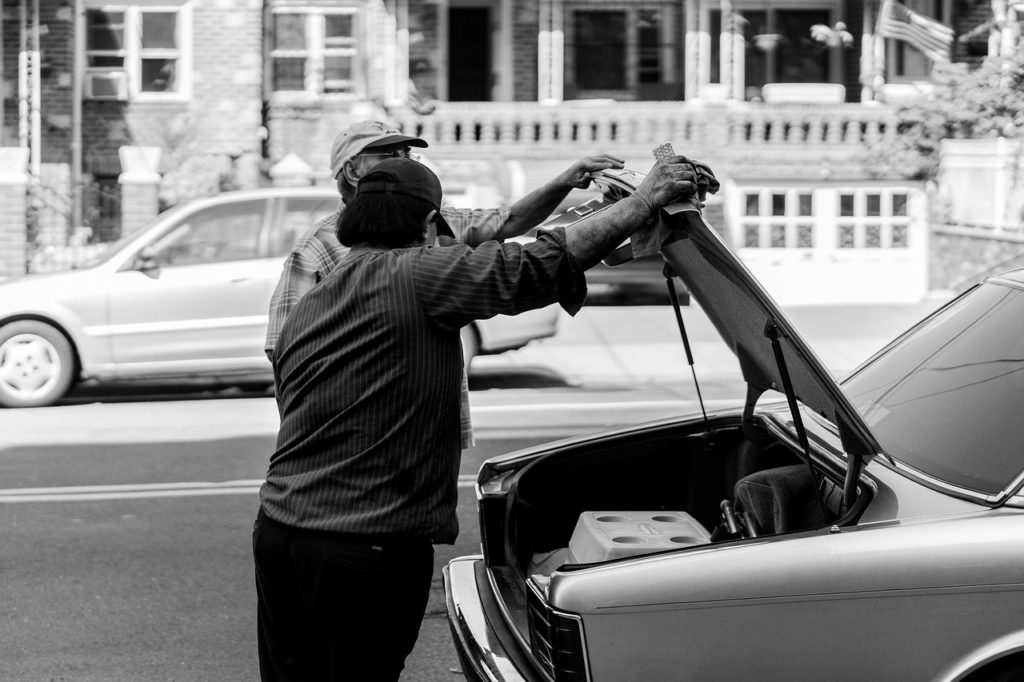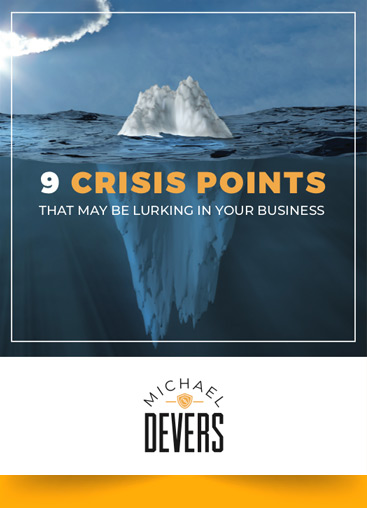If you’re an author, you don’t have to be at the front of every bookstore and in every airport across the U.S. If you’re a musician, your album doesn’t need to be splashed across the iTunes home page on the day it’s released. If you create a retail product, it doesn’t have to be stocked in Wal-Mart, Target, and Costco. Other paths to success exist outside of the mainstream distribution channels. You can drive to where the people are and start from the trunk of your car.
Here’s a partial list of people and companies that began this way:
Phil Knight and Nike: Unable to talk sporting goods stores into carrying his running shoes, Phil Knight drove his car from track meet to track meet across the Pacific Northwest and sold his shoes to coaches, runners, fans, and anyone else that would talk to him. Nike now regularly appears in top ten lists of the most recognized brands in the world.
Sam Marmaduke and Western Merchandisers: Marmaduke got his start selling paperback books to grocery stores from the trunk of his car. His business evolved into Western Merchandisers, the primary entertainment media distributor to Wal-Mart, the company Marmaduke eventually sold his company to.
Unable to land a record deal, rapper/hip-hop artist Jay-Z sold his music from the trunk of his car. Jay-Z would go on to found his own record label along with multiple other businesses. He remains one of the most successful musicians of any genre in the history of music.
Mark Hughes and Herbalife: Hughes founded his nutritional supplement company Herbalife at the age of 24 by selling protein shakes from the trunk of his car. Hughes was worth approximately $400 million at the time of his passing in May of 2000. Today, Herbalife boasts a market cap of $8.5 billion.
Author Wayne Dyer’s first book, Your Erroneous Zones, began with an initial printing of 5,000 copies. When the book didn’t sell, and Dyer realized his publisher refused to put any promotional effort behind it, he ordered every remaining copy his publisher had left and hit the road to sell the book himself. Your Erroneous Zones has now sold an estimated 35 million copies and is one of the top-selling non-fiction books of all time.
Some will read this list and come away with only one thought: “What about the internet?” Online sales are a viable option, but not the ONLY option. People seem to have forgotten there are other humans walking around in this world with money in their pockets.
Your book might not be in the front window of your local bookstore. Your handcrafted treasures may not be in the Kohl’s jewelry counter. Maybe your organic cookies can’t be found on the aisle at Whole Foods. Will you let that stop you? Or will you load your inventory in the trunk, drive to where your customers are, and get to work?
# # # # # #




0 Comments